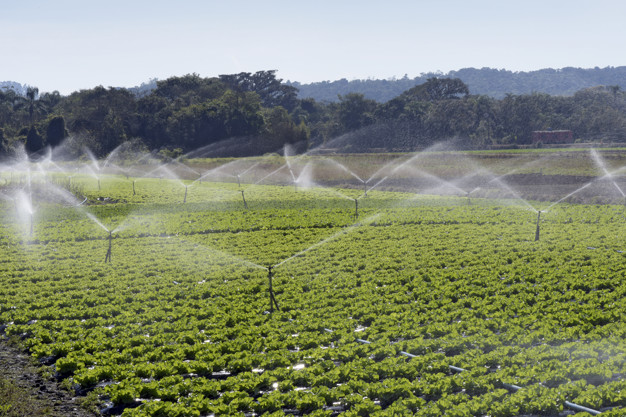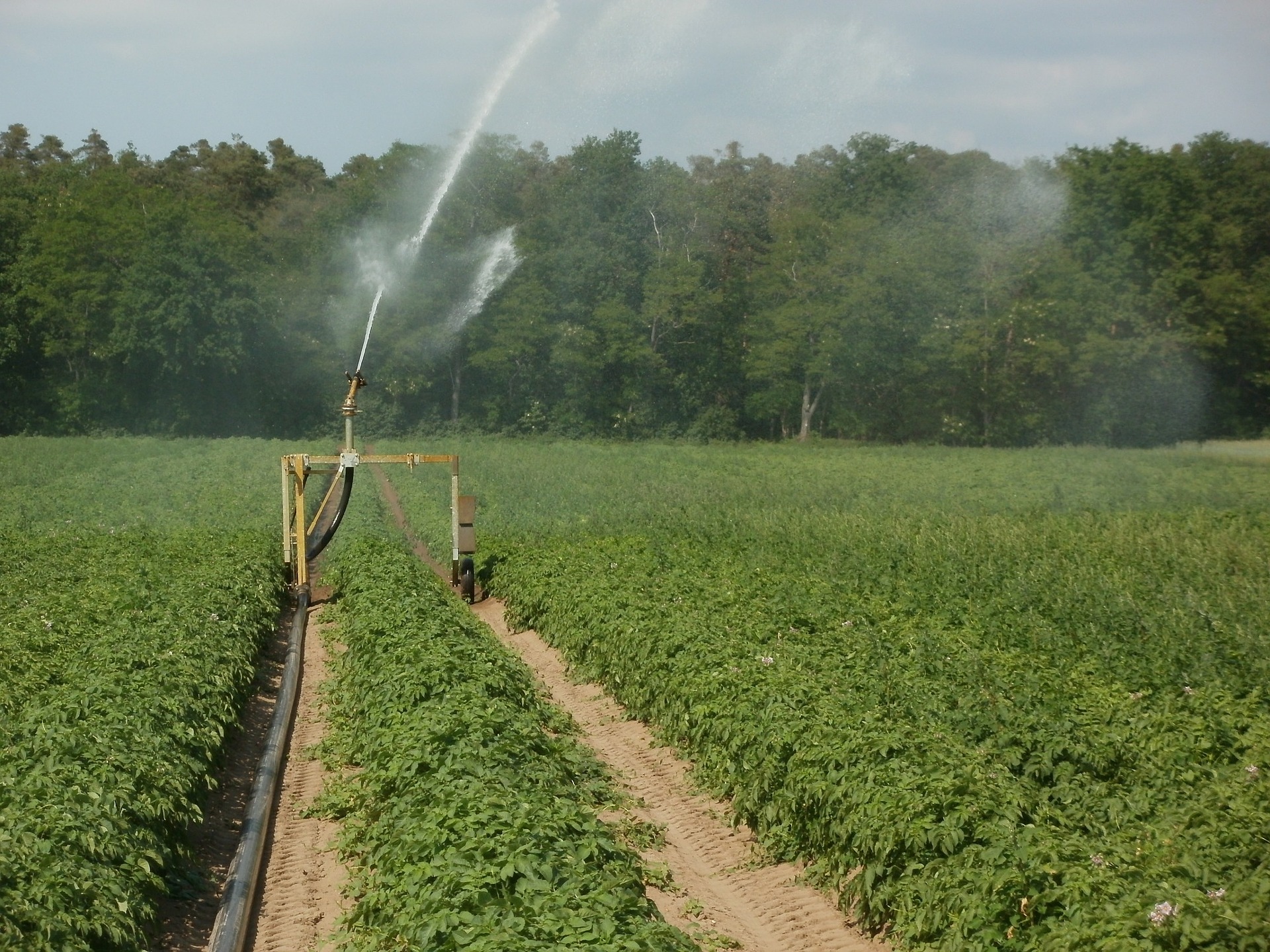Tag: Irrigation

How to Start an Irrigation Business?
Recent economic issues and the unwarranted spread of COVID-19 have demonstrated how fragile the economy is. Of course, the fragility of the economy directly affects your job security and future prospects. It can be disturbing and worrying when you realize that the job you love may not be there tomorrow. That’s why many Australians are looking at new prospects and opportunities. Unsurprisingly, the vast majority of these are based on self-employment or creating your own financial opportunities. That’s why you may be considering setting up your own irrigation business. There is certainly a demand for it. Every year the temperature heats up and people need water, it doesn’t matter if it’s large scale farmer, public spaces, or private individuals with large gardens/small fields. You’ve got the right plan, now you just need to start your business. Financial Planning This is potentially the most important part of the process. You need to look at what your costs are, who your customers are likely to be, and what sort of income you can expect to make. In this sort of business, the costs are relatively controlled. You’ll need to invest in good traveling irrigators. This will allow you to move between places and distribute the water for your customers. Of course, you’ll need to allow for insurance costs, fuel costs, and consider where your water is coming from. But, you’ll also need to consider the number of customers you’ll be able to help yourself. It’s likely that you’ll want additional equipment and manpower to service several customers at the same time. The issue then becomes whether you have enough space to store all the equipment or whether you need to hire premises. This will drastically increase your costs. It’s important to take your time when creating a budget, you need to think of everything and then add a little extra for unforeseen emergencies. Once you’ve established the costs of getting started and running the business for a year, you can use that figure as the number of funds you need to get started. Then, you’ll have to start speaking to finance companies to raise the capital you need. Advertising The moment you commit to the business idea you need to start attracting customers. There are various ways of doing this from going door-to-door, to posting information on the internet. You will want your own website and you will need to reach out via social media. But, your customer base is certain t be local. It’s worth taking the time to get to know some of the people in your area. You can give them the personal service that larger companies struggle with. Test Run Once you’ve got your finance sorted, customers becoming interested, and your equipment has turned up, you need to do a test run. This ensures you know what you are doing with the equipment and get the job done efficiently and effectively. That is essential if you want repeat business and referrals. This isn’t the cheapest business to start, but profits can be significant, it just takes a little hard work. Read Also: Have You Been Laid Off Because Of Coronavirus? Here Are 5 Income Earning Opportunities For You Optimize Your Small Business Revenue by Taking These Steps
READ MOREDetails
Problems and Constraints of Small Scale Irrigation
A lack of water is one of the biggest issues facing many plants. As you probably know water is essential for every form of life; without it, you’ll struggle to grow weeds; never mind decent flowers or crops. That’s why you need an irrigation system to get your water to the plants; it simply isn’t possible to water them regularly and effectively enough manually. Create A Small Scale Irrigation System: Of course, you’ll need access to a good supply of water. You’ll also need quality dewatering pumps; one may be enough if you are very small scale but two is often better to give you a backup option. You’ll also need a network of pipes with tiny holes in; allowing the water to soak into the soil below ground level. This will help to prevent evaporation and allow the plants to pick the water up with their roots. Valves and other small pieces of equipment will make it easier for you to control the amount of water each group of plants gets. However, there are several issues when dealing with small-scale irrigation: Cost Of Pumps: To get the water from the source to the crops requires a pump or two. However, this will run on electricity and can cost a considerable amount if you need it running most of the time. A good alternative is to fit a solar panel; or more than one if necessary and use the electricity generated to power your pump. The cost of your irrigation system will be dramatically reduced! Water Wastage: It is also possible that you’ll be wasting large amounts of water when you irrigate. You can’t be sure that every part of your land needs water without checking and this is very time to consume as well as impractical. You can buy sensors to check the moisture content of the soil; these will help you to decide if you need to water or not. You can also buy a timer for your pump system that only switches it on and off at set times of the day. You can choose these for when it is most beneficial for your plants. Water Rights: You may not need to take water from the mains supply if you have a body of water or a steam near you. However, you’ll then have to consider the rights associated with that water. It may have already been claimed by someone else or it may be important for a group of people further downstream. It may even be that you inadvertently pollute the water or someone else has. To save yourself a lot of agro you need to establish the facts regarding any water source before you start using it. This is especially true if you’re thinking of adding a dam or similar to the water. Local Rules: If water is a relatively scarce commodity then there are likely to be constraints on how much you can use and when. This can make it extremely difficult to irrigate your plants; especially if you have no other source of water. It’s important you’re aware of the local rules before you start your farming activities. Read Also: Some Facts You Need To Know About Rainwater Harvesting
READ MOREDetails















